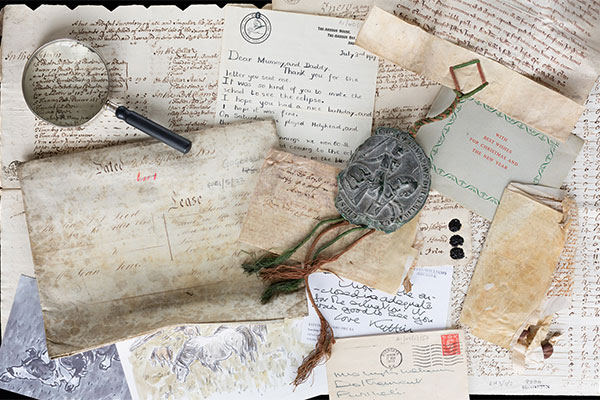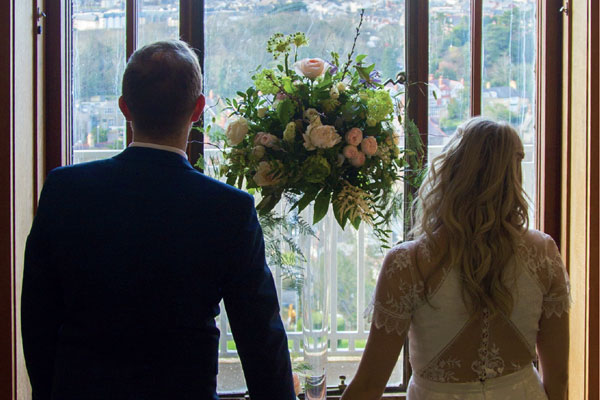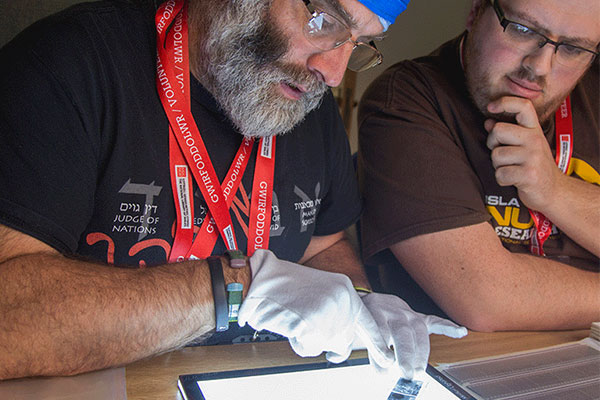Papers of Alun Lewis
This manuscript is part of a collection of manuscripts and papers presented to the National Library by Alun Lewis' widow in June 1988. Books and other items were also received at the same time, as well as an engraving of him by John Petts that was used as a cover illustration to his first edition of poems, Raiders' Dawn and other poems in 1942. This was the only collection of poetry published in his lifetime, which established him as one of 'the finest poets of his generation'. The volume was well received by the public and critics alike, and was re-printed six times. He wrote mainly about himself within the narrow limits of the war, and became one of the very few great poets to record their experience of the Second World War in verse. Most of the poems are about the loneliness of military life, composed while he was a soldier in the training camps and whilst living among the civilians in the bombed cities, and speak with realistic awareness, of death, and of love in the shadow of death with the 'sensitive integrity of an English soldier'. They 'reveal a compassionate concern for the victims of oppression and tyranny: Welsh miners, private soldiers, women, and children.'
MS1 is one of 6 formed from loose leaves and filed in NLW. It contains manuscript and typescript drafts, fair copies, transcripts, and in some instances earlier versions of poems published in Raiders' Dawn and other poems. The poems are listed in the order in which they appear in the published volume.




